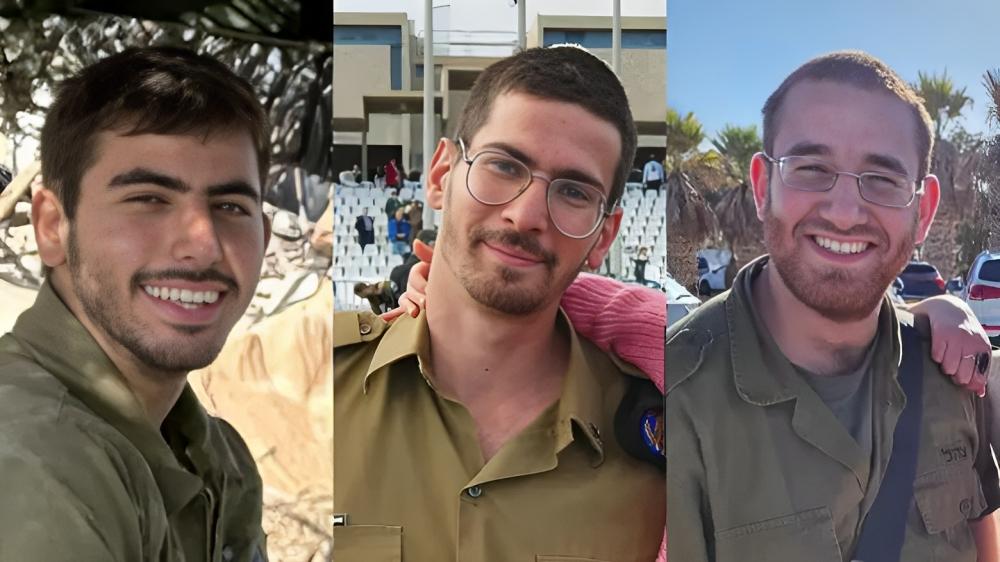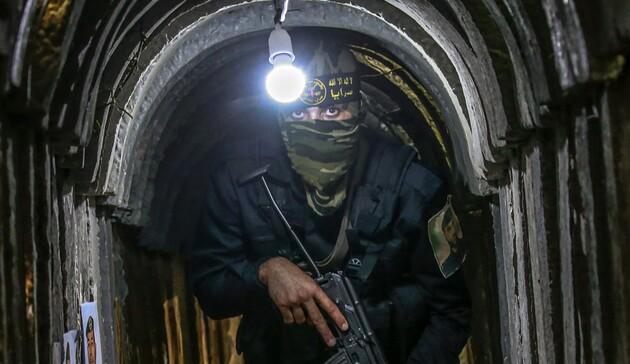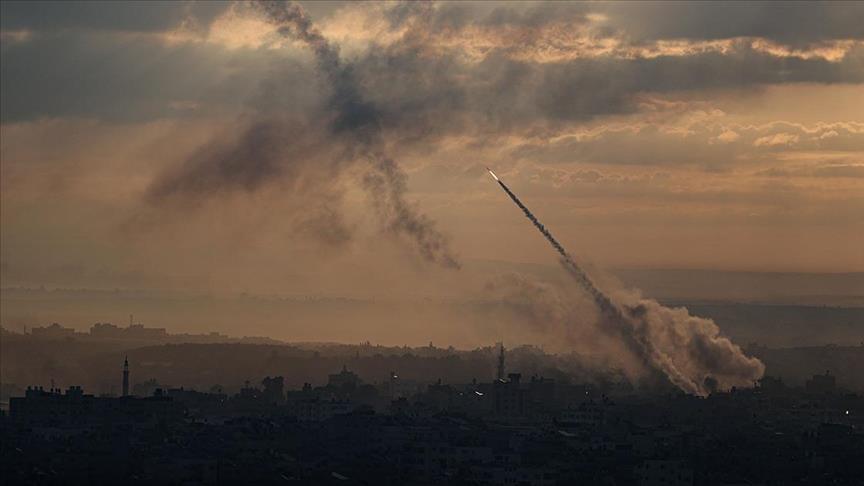How many journalists killed in Israel-Hamas hostilites so far? IDF abdicates responsibility for correspondents' safety
The Israel-Gaza war has taken a severe toll on journalists since Hamas launched its unprecedented attack against Israel on October 7 and Israel declared war on the militant Palestinian group, launching strikes on the blockaded Gaza Strip.
CPJ is investigating all reports of journalists and media workers killed, injured, or missing in the war, which has led to the deadliest month for journalists since CPJ began gathering data in 1992, Caliber.Az reports, citing the Committee to Protect Journalists (CPJ).
As of December 4, CPJ’s preliminary investigations showed at least 63 journalists and media workers (56 Palestinian, four Israeli, and three Lebanese) were among the more than 16,000 killed since the war began on October 7—with more than 15,500 Palestinian deaths in Gaza and the West Bank and 1,200 deaths in Israel.
According to CPJ, the deadliest day of the war for journalist deaths was its first day, October 7, with six journalists killed; the second-deadliest day occurred on November 18, with five killed.
The Israel Defence Forces (IDF) told Reuters and Agence France Press news agencies that it could not guarantee the safety of their journalists operating in the Gaza Strip after they had sought assurances that their journalists would not be targeted by Israeli strikes, Reuters reported on October 27.
Journalists in Gaza face particularly high risks as they try to cover the conflict during the Israeli ground assault, including devastating Israeli airstrikes, disrupted communications, supply shortages and extensive power outages.
In addition, 11 journalists were injured, three were missing, and 19 journalists were arrested.

In the meantime, the IDF press service reported that three more Israeli soldiers were killed during fighting in the Gaza Strip.
The dead include two sergeants aged 20 and 21, as well as a 23-year-old captain. All of them served in the Barak Brigade (part of the IDF's 36th Armoured Division "Gaash"). Thus, the number of Israeli military personnel killed during the ground operation in the Gaza Strip rose to 78. The total number of IDF casualties to date stands at 404.
On December 1, the Israel Defense Forces resumed hostilities in the Gaza Strip, accusing the Palestinian radical movement Hamas of disrupting the truce.

Furthermore, the IDF reserve spokesman Jonathan Conricus has admitted that the leaders of the radical Palestinian movement Hamas could leave the Gaza Strip through underground tunnels and hide in Egypt.
"This concern exists. It's something that the intelligence is really monitoring," he said in response to a question about whether Israeli forces fear that the Hamas leadership has already left the Gaza Strip. "We know that before the war, before Oct. 7, Hamas had an extensive network of tunnels under Gaza, they had attempts to tunnel into Israel as well, and an extensive network of tunnels between Rafah in the Gaza Strip and the Egyptian side," Conricus added.
"I don't have up-to-date information on the status of these tunnels, but the working assumption is that at least some of them are still active. And therefore this risk exists," he emphasized.

Conricus also went on to say that Israel's intelligence services have information about the alleged whereabouts of the remaining hostages.
"The short answer would be yes, we have [data]," Conricus said, when asked by reporters if the army had any information about the alleged whereabouts of the remaining hostages.
"But as you said, as you correctly suggested, I'm not at liberty to share those details because of the sensitivity of the issue, and of course that would jeopardize our efforts in the future. But I can say that this is a key priority," he added.
Conricus emphasized that the release of the hostages is a top priority for Israel's intelligence services, including the IDF military intelligence. He also noted that Israel intends to return all its hostages.
"If it can be done through negotiations, that's great. And if it can't be done through negotiations, then we will act in other, kinetic ways," the spokesman pointed out.
IDF spokesman Daniel Hagari said earlier that Palestinian radicals from Hamas continue to hold 137 people hostage.

Moreover, for the first time since the evening of December 4, air alerts have been sounded in the areas adjacent to the Gaza Strip.
"Sirens sounded in localities close to the Gaza Strip," the IDF said in a statement.
The previous time the army press service informed about the activation of air defence sirens in the areas adjacent to the Gaza Strip about 13 hours ago.








